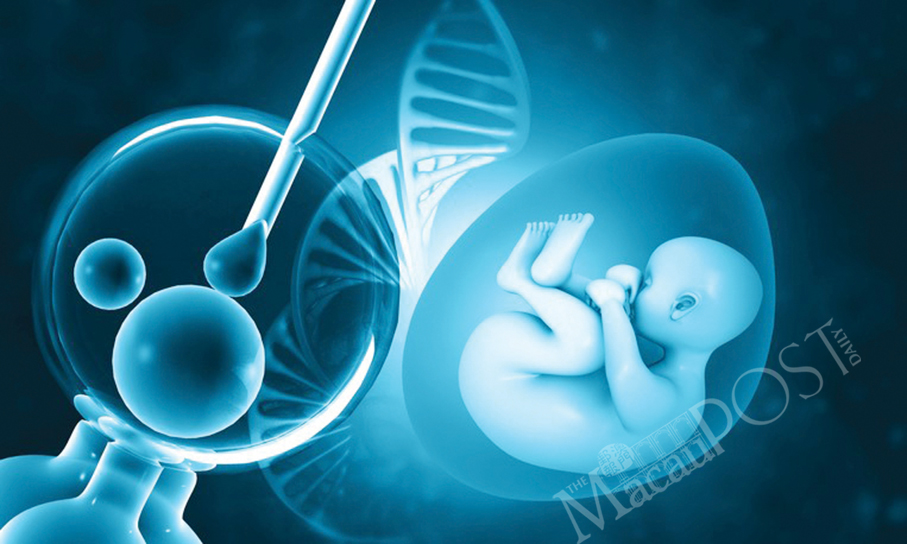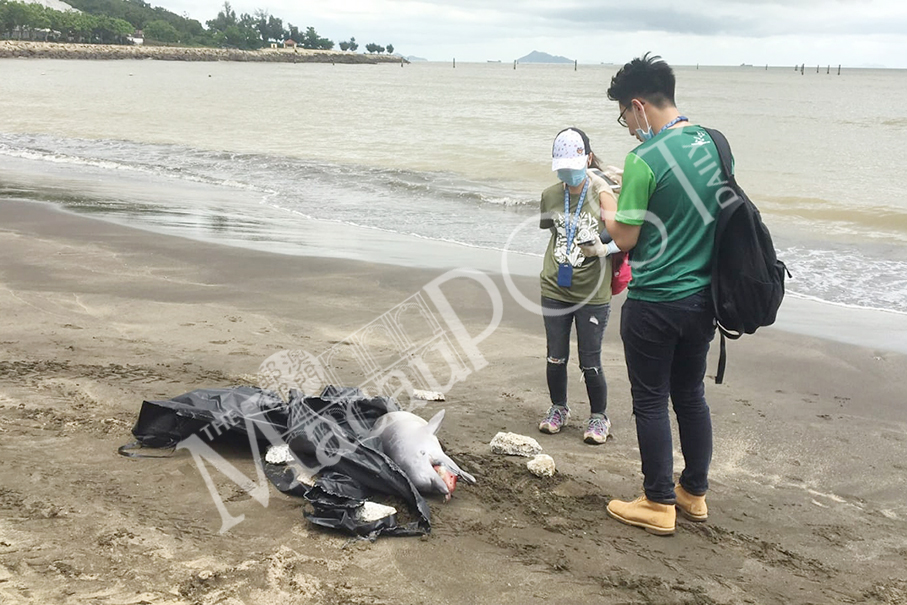Lawmakers asked the government yesterday whether assisted reproductive technology (ART) be added to residents’ publicly funded treatment, lawmaker-cum-restaurateur Andrew Chan Chak Mo, who heads the Legislative Assembly’s (AL) 2nd Standing Committee, told reporters yesterday.
Chan made the remarks after chairing a closed-door meeting of the committee, which is reviewing in detail a government-initiated bill regulating ART services, aiming to allow childless couples to use ART but subject to a string of strict rules.
Chan said data showed that the government had stopped subsidising ART services in 2016, after 327 couples had been subsidised to receive such services in Hong Kong that had been free of charge for them.
Chan quoted some committee members as asking the government officials who attended yesterday’s closed-door meeting how much extra money would the government spend on healthcare if ART services were to be included again in publicly funded treatment for local residents.
The bill proposes that pregnancies which cannot be carried out through any technique that uses the gametes of a married couple or those in a domestic partnership (known in Portuguese as “união de facto”), or prevents serious genetic disorders, may be carried out using a third person’s eggs or sperm.
A gamete is a reproductive cell (sperm in males or eggs in females), having only half of a complete set of chromosomes.
According to the bill, the donor of the sperm or egg will not be considered the biological parent of the child to be born.
However, Chan said the bill does not stipulate which entities would be allowed to verify the donors, such as the donors’ nationality, identity, and their health condition.
Chan further quoted the committee members’ concerns on whether there would be regulations to oversee issues such as how many times a donor can donate, the age of the donor, as well as their respective rights and obligations.
Ban on surrogacy
The bill also proposes to prohibit surrogacy, whereby a woman agrees to deliver a child for another person who will become the child’s parent after birth, while the woman who gave birth to the child relinquishes her rights and obligations as a mother. In the bill, a woman is by default the mother of the children that she gives birth to.
Chan added that surrogacy is legal in Taiwan, while only commercial surrogacy is banned in Hong Kong, because of which, Chan said, some committee members questioned as to whether the government would ban all kinds of surrogacy in Macau.
The committee would also like the government to specify the definition of an embryo, which is defined as having been formed 14 days after fertilisation in Macau, but eight weeks after fertilisation in some other jurisdictions in the world.
Chan said that there are different definitions of gametes and embryos in the mainland and Hong Kong, while the bill in Macau is mainly based on Portugal’s reproductive law, which, he said, does not have a detailed definition of both issues, and the committee members asked the government to include the relevant definitions in the bill.
Chan said the committee would continue to review the bill and hoped to submit a detailed list of questions to the government to respond to.

Image representing ART courtesy of iStock








